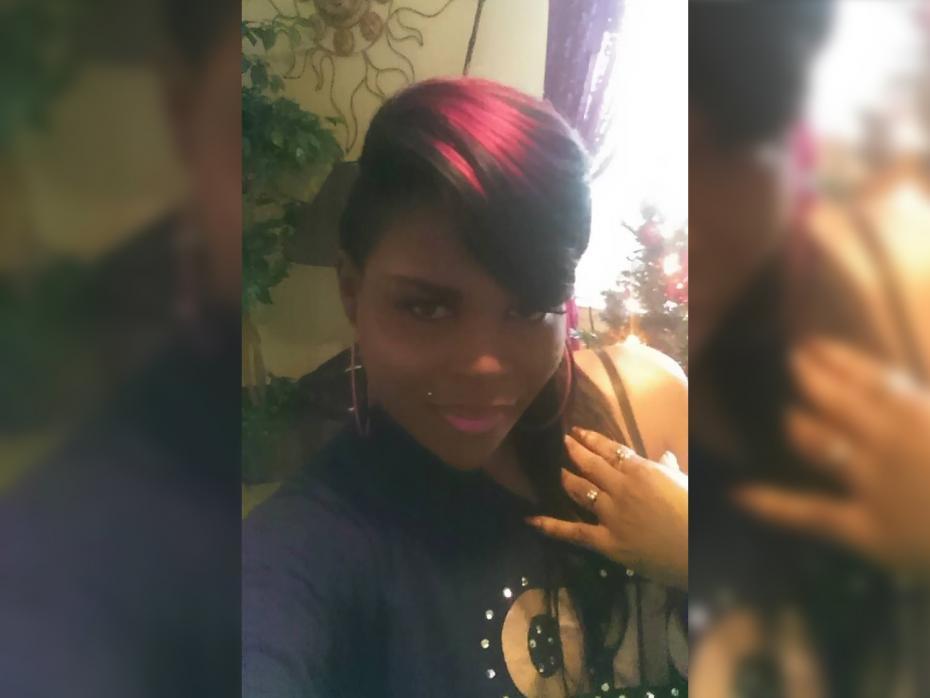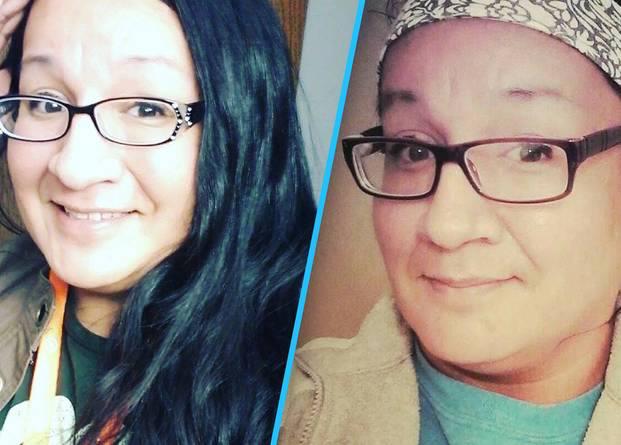“Death Is Attached to Their Behavior”: Kim Burrell and Trans Women of Color

In a video clip that has spread widely across the internet, gospel singer and pastor Kim Burrell intones, “Everybody in this room who’s filled with the homosexual spirit, beg God to free you. You play with it. What does that mean? You’ll die from it. You play with it in God’s house in 2017, you’ll die from it.” In the days following, via Facebook Live, Burrell clarified her statement: “I never said God was killing gays in 2017. I said people who operate with that spirit in the church, with deception and attack themselves, are going to have to face the master. That’s what I said. And that death is attached to their behavior.”
As Burrell has acknowledged, her sermon was meant specifically to target the “homosexual spirit” so far as it is in operation in her own congregation (a circumstance made clear by Burrell’s willingness to appear/collaborate in secular contexts with out queer entertainers including Ellen DeGeneres and Frank Ocean). However, the line that Burrell attempts to draw in the sand—between Christian and secular attitudes and standards regarding gender and sexuality—is not as distinct as she would have viewers believe. She is not alone in believing that “death is attached” to the behavior of people who step outside the bounds of “normal” sexual orientation or gender expression.
This post is not primarily about Kim Burrell’s viral sermon or the Black Church’s views on gender and sexuality. Rather, I want to briefly consider the fact that Burrell’s widely-publicized prognostications on death and queer-identified people in her local church have emerged alongside news of this year’s first two murders of transgender women.

2016, according to online LGBT news outlet The Advocate, was the deadliest year on record in terms of murders against transgender individuals. Twenty-seven transgender people died, and the majority—twenty-one of the twenty-seven—were transgender women of color. If you can, please take a moment to read some of their stories as you peruse the following list:
- India Monroe
- Noony Norwood
- Brandi Bledsoe
- Jazz Alford
- Crystal Edmonds
- T.T.
- Rae’Lynn Thomas
- Erykah Tijerina
- Skye Mockabee
- Dee Whigham
- Deeniquia Dodds
- Goddess Diamond
- Mercedes Successful
- Tyreece ‘Reecey’ Walker
- Keyonna Blakeney
- Shante Isaac
- Quartney Davia Dawsonn-Yochum
- Kedarie/Kandicee Johnson
- Maya Young
- Veronica Banks Cano
- Jasmine Sierra
Some of these women were victims of domestic or intimate partner violence. Others were murdered by individuals harboring anti-trans prejudice. These two circumstances are not mutually exclusive. As a local Columbus, Ohio, news outlet reported following the August 2016 murder of Rae’Lynn Thomas, the woman’s murderer was the ex-boyfriend of her mother, Renee. The man, James Allen Byrd, “was not ok with Rae’Lynn’s life as a woman and often called her ‘the devil’…After firing twice Renee said the 6-2’ 260 pend Byrd began grabbing whatever he could and beating the 5’5” 150 Rae’Lynn as she begged for her life.”
As a closer look at any of the above listed-names reveals, the animus fueling Rae’Lynn’s tragic death is far from unique to her story.
Less than two weeks into 2017, two transgender women of color—Mesha Caldwell in Mississippi and Jamie Lee Wounded Arrow in South Dakota—are dead in apparent homicides. As more evidence surrounding their deaths comes to light, it is almost certain that the public will discover that their killers acted from similarly hateful motivations.

In the context of the state’s war on black and brown people generally, activists in recent years have paid special attention to the ways in which susceptibility to state and interpersonal violence is felt differently by women and girls versus men and boys, queer- versus straight-identified individuals, and trans- versus cisgender individuals. As critiques of the recent Vision for Black Lives illustrate, there is still much work to be done to attend to the intersection of blackness and ableism. It is vital to remain vigilant about how these distinctions in embodiment, identity, and experience have relevance for the life chances of the individuals standing in each position.
The deaths of Mesha Caldwell, Jamie Lee Wounded Arrow, and the sisters slain in 2016 point to the hypervisibility and hyper-vulnerability of transgender women of color. As we continue to sift through the impact of anti-LGBT rhetoric such as those from Kim Burrell, it is important to keep in mind that these kinds of words have different significance for different sexual minority subgroups. Whenever we hear speech that promotes sentiments of fear or disdain toward LGBT people in general, we must remember that the climate created by these sentiments will disproportionately result in violent and/or deadly actions toward transgender women of color in particular.
These murders are a reminder that in 2017, no supernatural intervention is needed to mete out the ‘retribution’ that Kim Burrell suggests is awaiting LGBT people. In the case of transgender women of color, there are plenty of individuals who are willing to ensure that death will be attached to their transgressive behavior.
Lindsey E. Jones is a PhD Candidate in History of Education at the University of Virginia’s Curry School of Education and a 2016-2018 Pre-doctoral Fellow at the Carter G. Woodson Institute for African-American and African Studies at the University of Virginia. Her dissertation project, “‘Not a Place of Punishment’: the Virginia Industrial School for Colored Girls, 1915-1940,” historicizes the education and incarceration of black girls by examining Virginia’s only reformatory for delinquent African American girls. Follow her on Twitter @noumenal_woman.
Copyright © AAIHS. May not be reprinted without permission.
Death is attached to life! We are born to die.